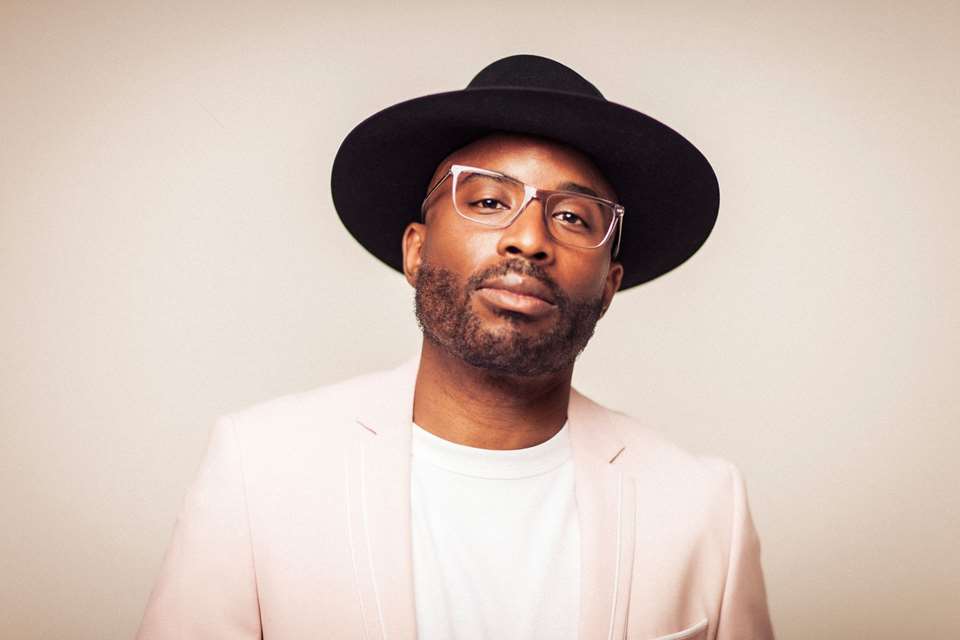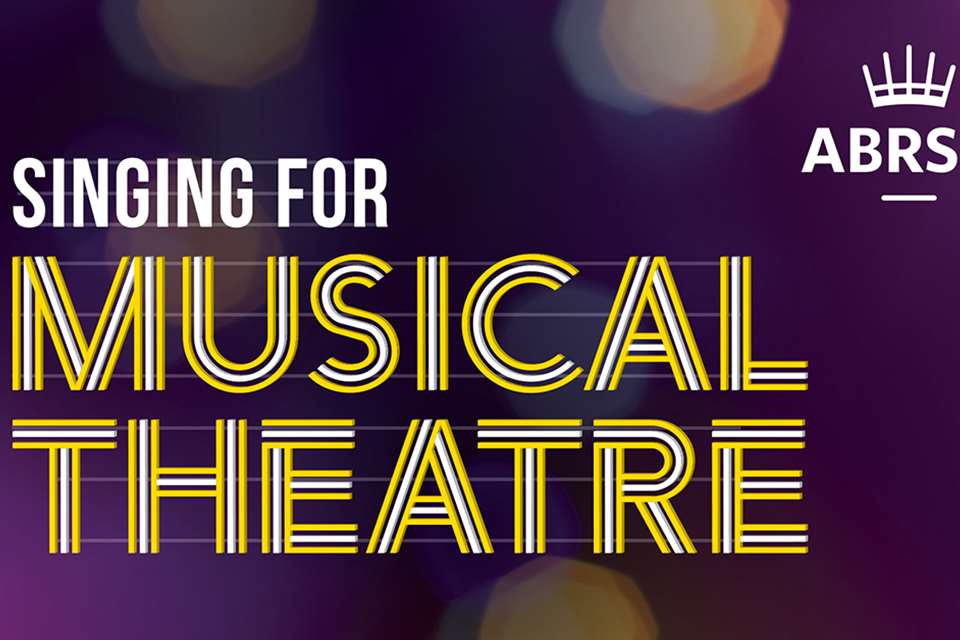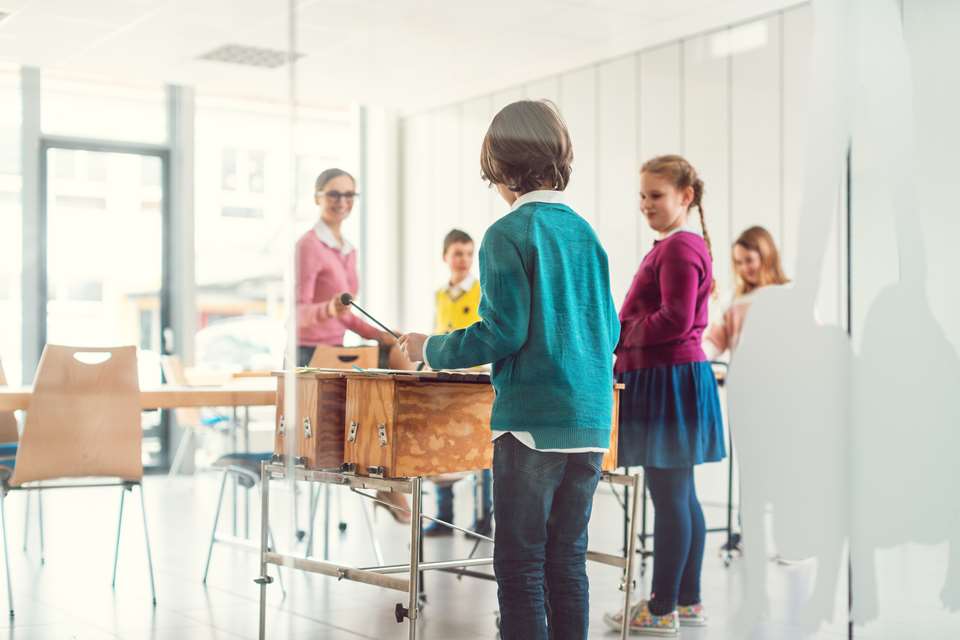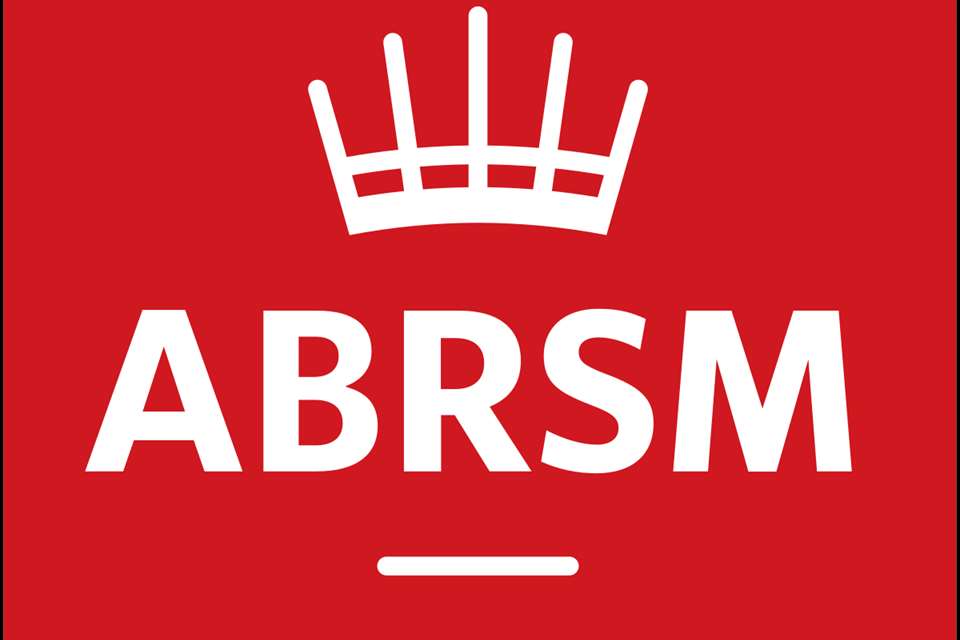Alexis Ffrench interview: 'I like to think of myself as somewhat of a disrupter in all that I do'
Harriet Richards
Monday, August 1, 2022
Classical soul artist Alexis Ffrench was recently appointed as ABRSM's first artistic director. Harriet Richards meets him to find out more about his ambitions for the role.
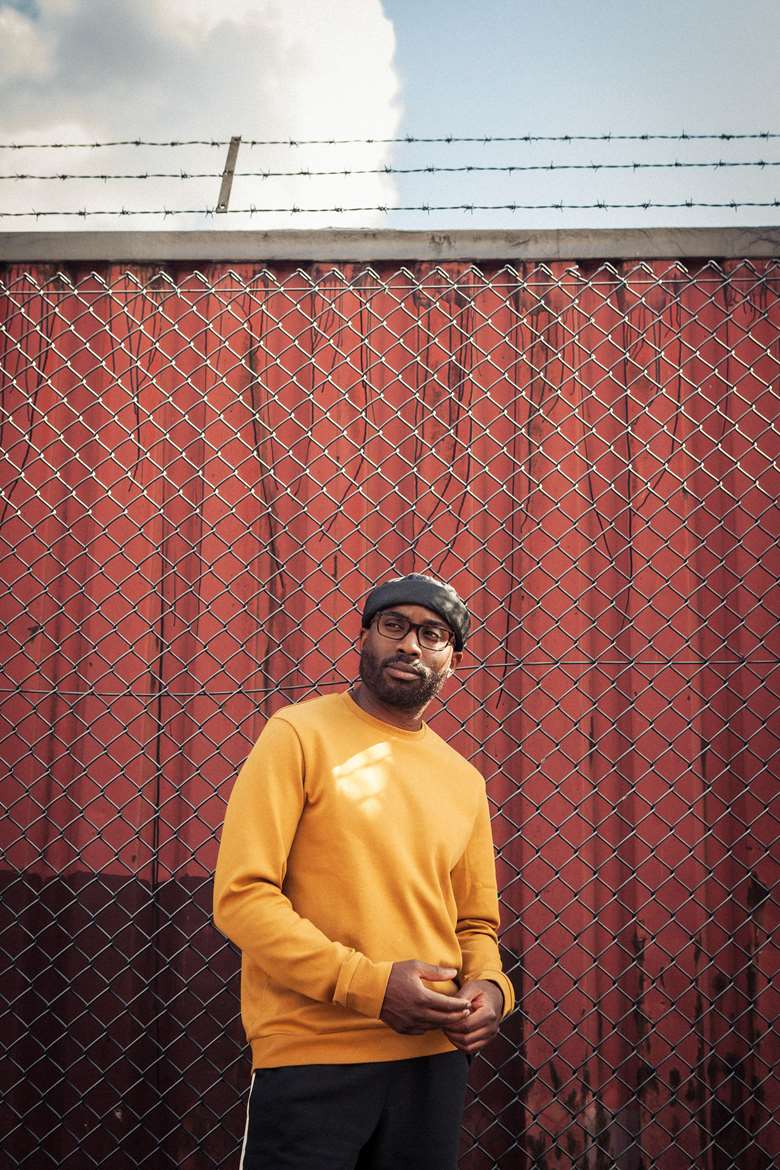
All images: Alex Lake
HR: In May you were appointed as artistic director at the Associated Board of the Royal Schools of Music, a new role for ABRSM. How did this appointment come about and why did it appeal to you?
AF: I've always been invested in music education. I'm a passionate advocate for music for all and the notion of music as a human right, particularly for young people. When I can, I'm always looking to carve out time away from my other activities for work in this space. In the past, I've worked for The Prince's Trust and in partnership with Sony Music, leading courses and workshops for young people, so when I saw this job advert – and it literally was an advert – I decided to apply for it.
I went through the interview process and met with my now colleagues at ABRSM and was so impressed, not only by their work, but also by the individuals within the organisation. You get a real sense of that when you go for interview – straight away you're able to get to the heart of an organisation. What makes them tick? What are their artistic imperatives? What kinds of things are important to them? I was able to get a real sense of their direction of travel, and I was really excited by what I saw.
HR: What do you plan on doing as artistic director?
AF: I've had a few introductory meetings with new colleagues, talking about the role in terms of general expectations and what they envisage. I like to think of myself as somewhat of a disrupter in all that I do, and I like taking on that role in the classical music space. I like to think that, in the best way possible, I can take on some of those characteristics and qualities within ABRSM as artistic director. It won't be me in a tie sitting around pencil-pushing – I'm not suggesting that they do, of course – but it will be me getting involved in a creative space, inspiring a range of learners from around the world to experience the joy of music.
This will involve bringing the Performance Grades to life, leading masterclasses, playing concerts, and demonstrating the impact that personality and practical involvement can bring to performance – just demonstrating more widely how the joy of music can be totally immersive, life-changing, and transformative. Obviously, there are lots of nuts and bolts in terms of what that actually looks like, and we're involved in those discussions.

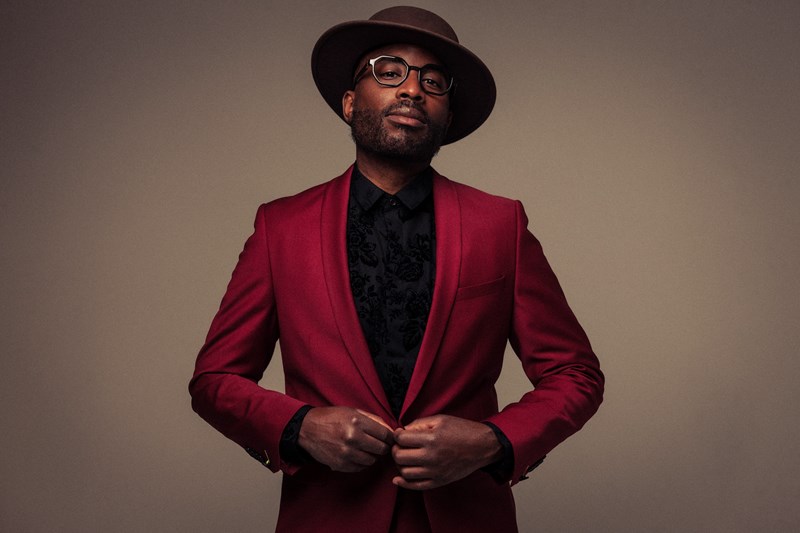
HR: Are you able to talk about any of those ‘nuts and bolts’ now?
AF: I can talk about the piano syllabus, which launched in June – it includes many of the composers you might expect, but there are 47 new composers including a new original piece at Grade 2 by one of the ABRSM mentee composers. Things are changing massively in terms of the piano syllabus, which is fantastic to see. There's also the new Singing for Musical Theatre syllabus, and Classroom 200, which I think is going to be a huge hit in schools.
I also met with two colleagues in the publishing department recently and looked through the new Pop books. These are yet to be properly announced, but I've seen the cover, which is very un-ABRSM I have to say – I've seen the contents of the book, which is hugely exciting. I haven't seen the arrangements yet, but I've seen the pieces, and I'm sure in due course I'll be playing some of these pieces and leading masterclasses. It's a big shift for ABRSM – the direction of travel is shifting quite dramatically in terms of reflecting the kind of music that young learners are already involved in, and it's a very new and exciting space.
HR: Some would say that things at ABRSM are quite turbulent at the moment, with the most recent criticisms relating to the online exam booking system and cancelled exams. How do you feel about joining the organisation right now?
AF: Going into any situation, rather than looking at the problems, I always look at the opportunities that it affords. Obviously, it's important to acknowledge the existing landscape and what it looks like in the near and distant future, but I've honestly been incredibly impressed by the conversations that I've had. I'm aware of past histories, and I'm aware of all the fabulous work that's been done, but I'm also aware of all the things that we are still to do. Those are the things that I'm looking to affect in my role. It's about enrichment, affecting positive change, helping to make the syllabuses more inclusive and reflective of greater cultural, ethnic and gender diversity, bringing people closer to the music, and listening as well. I want to do a lot of listening – meeting people out and about and talking to headteachers.
Regarding the online issues, I don't see that playing a role in what we're going to be doing now and in the future. It's important to me in my work that I listen. I can assure you that ABRSM is a listening organisation. Having said that, I think it's really about the response, isn't it? It's not about gremlins; it's about how we move forward. How can we listen? How can we react? How can we respond? What are we going to do to really affect the music education landscape positively?
HR: In the press release announcing your appointment, there was mention of ‘broadening the appeal’ of classical music and ‘reaching out to learners who are following less formal progression paths’. What does this mean in practice?
AF: This is something that we are exploring. It's that non-didactic form of expression; it's those musicians for whom the idea of reading notation, doing Grade 5 Theory, or following any kind of conventional route, might seem alien. We still want to embrace those learners. They want to improve their skills, they want the same rewards and acknowledgement that every other musician does – those are important, whatever they might look like. We're having very broad conversations about that at the moment.
In the record space, I work with producing artists, some of whom read music and some of whom do not. I think it's important to recognise the music that is part of their everyday experiences, how they assimilate music, and we need to find a way of translating that so that they too can be part of the ABRSM family.

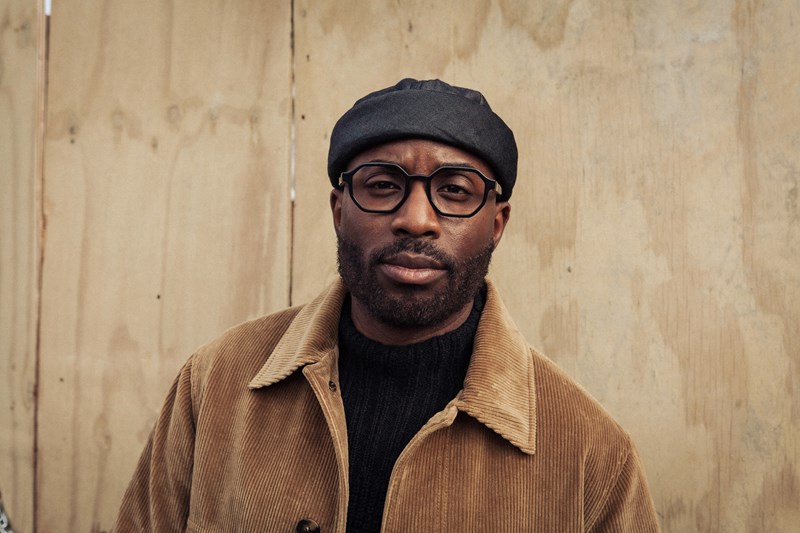
HR: There's a lot of discussion around the usefulness of ‘traditional’ instrumental or vocal exams – what are your thoughts on the concept of exams generally and presenting them as the pinnacle of musical achievement?
AF: For me personally, not everything we do is about exams. Sometimes it's just for the joy of it. Growing up I did ABRSM exams, as many of my peers did, and ABRSM was very much part of my musical education. I think it's even more relevant now, particularly as young musicians are looking to hone their skills in their area. But it's part of a wider picture – it's not about exams over everything; it's exams as part of the musical diet, and some of that may include collaborative playing, playing in ensembles, exploring the skills of music production. It's about being an all-round musician and giving back to one's community through music, and I think exams are a really important part of that picture.
HR: You mentioned earlier that you want to communicate with and listen to teachers. What will this look like?
AF: We are currently discussing what engagement with teachers might look like. I want to be available, going forward. I don't want the role of artistic director to be this abstract figure sitting in a gilded tower. I want the artistic director role to be available to everybody. I want to hear about progress from teachers. I've already written to all of the staff at the Royal Schools, for instance, with my email address, and I want to replicate that exercise all around the country and have a means of clear and regular communication. It's not enough to just have that title and not be at the beating heart of everything that's going on.I want to hear about the challenges, and I want to hear about the successes and the triumphs too. So, I'm going to be out and about talking to teachers – whether it's a good thing or a bad thing, people will be seeing a lot of me.


